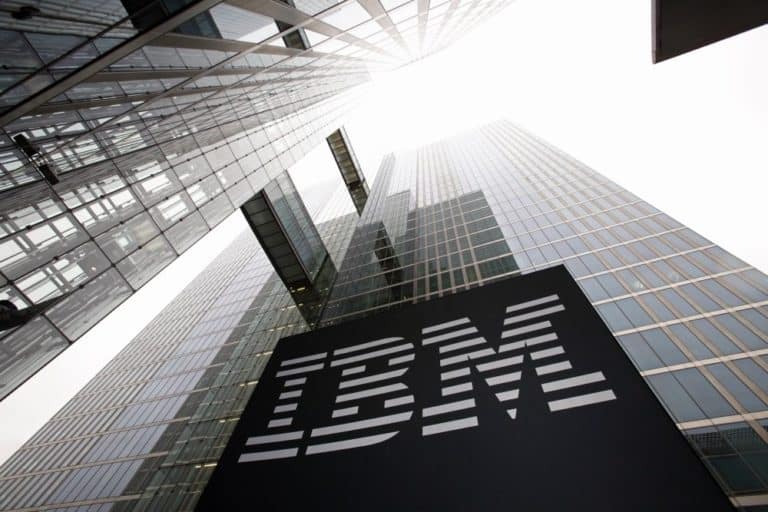IBM reports that it has a new battery design that does not require cobalt, but extracts the necessary minerals from seawater. The first fully functional battery prototype should be presented within about a year.
There’s quite a race going on, according to Reuters, as to who will be the first to find an alternative to the metal cobalt, which is becoming increasingly expensive and therefore unattractive as a raw material. The commercial design is to be developed in collaboration with the research division of Mercedes-Benz, electrolyte supplier Central Glass and battery supplier Sidus.
Battery manufacturers are eagerly looking for a way to reduce the use of cobalt in batteries, especially lithium-ion batteries. The explosive market for electric vehicles is expected to produce a shortage of the metal within the foreseeable future. Cobalt is mainly found in Congo.
IBM claims that the new design is more energy-efficient than conventional lithium-ion batteries, and moreover, production would become cheaper. The charging time would also be shorter than with lithium-ion technology.
Quantum computing
Big Blue further reported that it is partnering with Tokyo University to achieve innovation in quantum computing. The collaboration with the University includes the use of IBM Q System One, IBM’s quantum system intended for scientific purposes.
Reuters reports that this will be the first quantum computer in Japan. IBM is committed to being the first to make quantum computing commercially viable. Google and Microsoft are IBM’s main competitors in the battle to eventually make quantum computing suitable for, among other things, artificial intelligence (AI) and chemical purposes.
